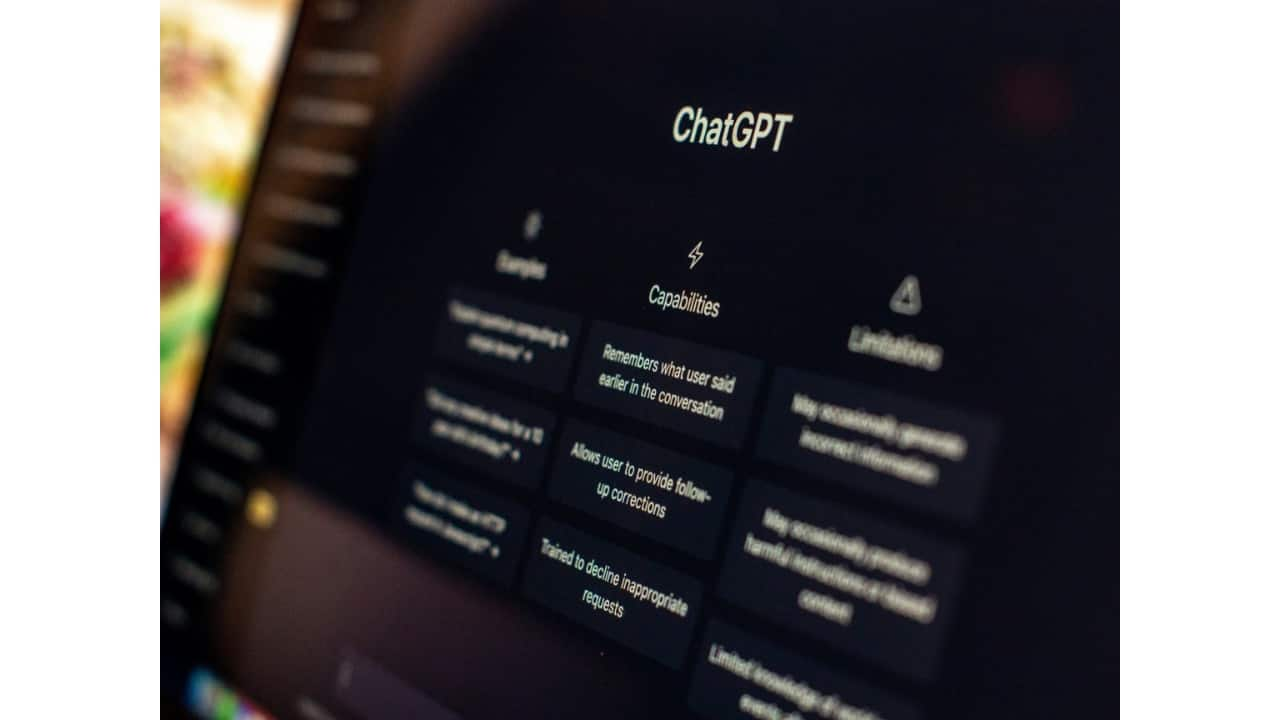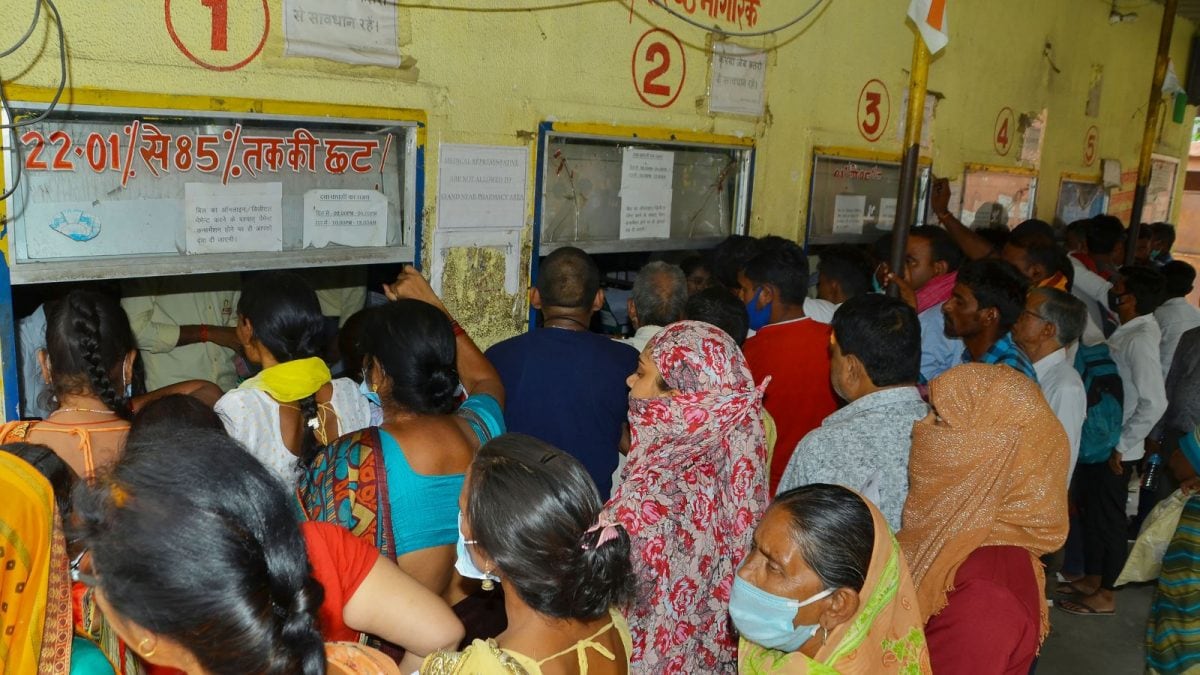Could GPT-5 Be Your Early Warning System for Cancer? OpenAI's AI Breakthrough

OpenAI is making waves again, this time with potential implications for healthcare. Their upcoming model, GPT-5, is demonstrating a remarkable ability to identify subtle clues in user prompts that could indicate serious health conditions, including cancer. This isn't about replacing doctors, but rather about offering a potentially powerful new tool for early detection and preventative care.
How Does it Work?
The specifics of how GPT-5 achieves this are still under wraps, but OpenAI has revealed that the model analyzes the language users employ when describing their symptoms or concerns. It's not looking for direct mentions of diseases, but rather for patterns and anomalies in phrasing, emotional tone, and the types of questions being asked. Think of it as an AI 'listening' for red flags that a human might miss.
For example, a user repeatedly asking about fatigue, unexplained weight loss, or changes in bowel habits, even without explicitly stating they suspect cancer, could trigger a flag within GPT-5. The model’s advanced natural language processing capabilities allow it to connect seemingly disparate pieces of information and recognize potential risk factors.
Beyond Cancer: A Wider Diagnostic Scope
While cancer detection is a significant focus, OpenAI suggests GPT-5’s capabilities extend beyond oncology. It could potentially identify early signs of other health issues, such as cardiovascular diseases, neurological disorders, and even mental health concerns. The key is the model's ability to analyze language patterns indicative of distress, anxiety, or physical discomfort.
Important Caveats and Ethical Considerations
It's crucial to emphasize that GPT-5 is not intended to be a diagnostic tool in itself. It's designed to act as an alert system, prompting users to seek professional medical advice. OpenAI is acutely aware of the ethical considerations surrounding this technology, particularly the potential for false positives, anxiety, and misuse. They are reportedly working closely with healthcare professionals to ensure responsible implementation.
Furthermore, data privacy and security are paramount. OpenAI will need to implement robust safeguards to protect user data and prevent unauthorized access. The potential for bias in the training data is another concern that needs to be carefully addressed to ensure equitable outcomes for all users.
The Future of AI in Healthcare
GPT-5's potential represents a significant step forward in the integration of AI into healthcare. While challenges remain, the prospect of leveraging AI to improve early detection, enhance diagnostic accuracy, and personalize patient care is incredibly promising. This technology could empower individuals to be more proactive about their health and facilitate earlier interventions, ultimately leading to better health outcomes.
As GPT-5 continues to develop, we can expect to see further refinements in its ability to understand and interpret human language, potentially revolutionizing the way we approach healthcare.





